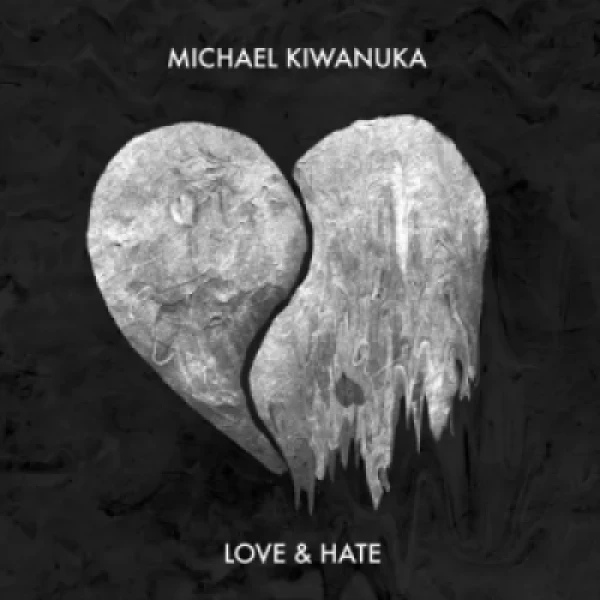
Love & Hate
In-depth Analysis of 'Love & Hate' by LyricLens AI
"Love & Hate" by Michael Kiwanuka is a profound exploration of internal conflict and resilience, serving as the title track for his acclaimed 2016 album. The song opens with a raw vulnerability, "Standing now, Calling all the people here to see the show / Calling for my demons now to let me go," immediately setting a tone of introspection and struggle. It reflects a battle against personal demons and external judgments, expressing a deep desire for liberation and something "wonderful."
Central Themes Explored:
- Internal Conflict: The repeated phrase "Love and hate / How much more are we supposed to tolerate" encapsulates the core duality, highlighting the emotional turmoil and the struggle to reconcile opposing forces within oneself.
- Resilience & Self-Acceptance: Lines like "You can't take me down / You can't break me down" serve as powerful affirmations of an unyielding spirit, pushing back against those who seek to diminish him or define him by his past "mistakes." There's a strong plea for recognition beyond superficial judgment.
- Spiritual & Existential Struggle: "You can't steal the things that God has given me" suggests a deeper, perhaps spiritual, foundation for his strength and an understanding of inherent worth that cannot be taken away. The references to a "place of trouble" and "house of war" further emphasize an ongoing personal battle.
Emotions and Atmosphere:
The song evokes a sense of weary hope, marked by moments of hesitation and pain ("Sometimes I get this feeling - makes me hesitate"), yet ultimately culminating in a powerful declaration of endurance. Kiwanuka's soulful delivery imbues the lyrics with authentic emotion, making the listener feel the weight of his introspection and the eventual triumph of his spirit. It's a journey from vulnerability to quiet strength, seeking solace and understanding amidst life's complexities.
Q&A & Fun Facts: 'Love & Hate'
What is Michael Kiwanuka's 'Love & Hate' about?
'Love & Hate' explores the intense internal conflict between opposing emotions and the journey towards self-acceptance and resilience in the face of judgment.
What do the lines "You can't take me down / You can't break me down" signify?
These lines are a powerful mantra of defiance and strength, representing the artist's unyielding spirit against adversity and attempts to diminish him.
Who are the "demons" Michael Kiwanuka refers to?
The "demons" likely symbolize internal struggles, past traumas, or negative self-perceptions that the artist is confronting and seeking to overcome for personal liberation.
Fun Facts:
- 'Love & Hate' is the title track from Michael Kiwanuka's critically acclaimed second studio album, released in 2016.
- The album won the Mercury Prize in 2020.
- The song is noted for its powerful, soulful sound and introspective lyrics, which resonated deeply with audiences worldwide.

Comments
Join the Conversation
Create an account or log in to add your own interpretations and comment on community analyses.